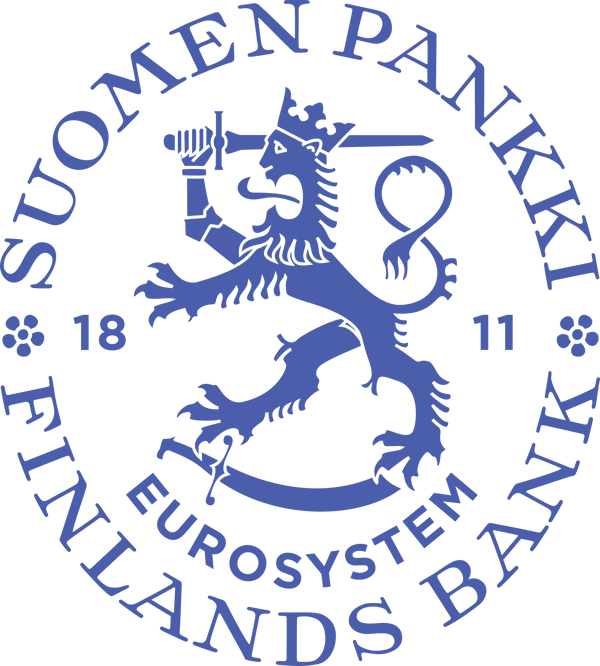

Webex
14:30-16:30 CET



Recent and forthcoming advances in artificial intelligence are also opening many avenues through which central banks’ work will be affected. For instance, AI affects the functioning of the economy at large, including effects on the labor market, on productivity and inflation. It affects the functioning of the financial sector, implying effects on the transmission of monetary policy as well as posing potential new challenges for financial stability. It affects the collection, management, use and visualization of big data sets of various kinds. It amplifies economists’ ability to process large amounts of information, helps in generating and estimating economic models and in drafting economic research, analysis and briefings. It may affect the way financial institutions are supervised. This online workshop brings together leading experts to provide an introduction and overview of how AI is about to change central banks’ work – structurally and on a day-to-day basis, what are possible use cases, and what opportunities and challenges – including data privacy, reliability and robustness – generative AI may offer and pose for central banks.
Program committee: Ernest Gnan (SUERF), Deniz Igan (BIS I SUERF) , Matthieu Darracq-Paries (ECB), and Juha Kilponen (Bank of Finland)
Opening and Introduction
Ernest Gnan, SUERFState and trajectory of generative AI – use cases and implications for economists
Anton Korinek, Professor, University of Virginia Presentation (pdf)Paper: Generative AI for Economic Research: Use Cases and Implications for Economists
Homepage of Anton Korinek: https://www.korinek.com/
When AI becomes a central banker and supervisor: opportunities and pitfalls
Jón Daníelsson, Professor, LSE I SUERF Fellow Presentation (pdf)Homepage of Jón Daníelsson: Artificial Intelligence and financial stability
AI in central banking: use cases, opportunities, challenges
Sebastian Doerr, Economist, BIS Presentation (pdf)